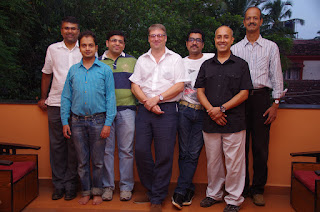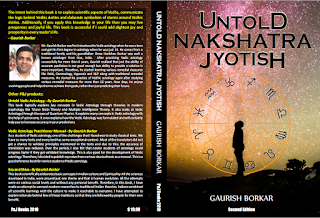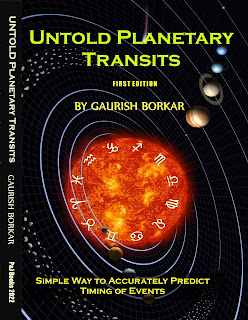NLP Practitioner course in Pune India with international trainer Peter Freeth
Location: Baner Pune. (Non-Residential)
Course Fees: Rs. 28500 Only
Course fees include, refreshments (Lunch is not included)
Training hours are approx. 9.30am to 5.30pm daily.
Trainer: Peter Freeth
Peter Freeth has almost 30 years experience in business, with first hand experience in technology, sales, management and leadership development. He has worked with major global corporations including Accenture, HP, British Telecom, Ericsson, Parker Hannifin, Babcock, Mizuho, VW Audi, Barclays, Santander, Mercer, Logica and Google, delivering such results as a 700% increase in profitability, a 500% increase in retail sales and a 200% increase in sales conversion rates.
As a NLP trainer, Peter has 20 years experience of learning, innovating and training NLP. He has written 9 books on NLP and related business and leadership subjects as well as countless magazine articles, and he has even ghost written books for other notable trainers. During this time, he has guest trained for some of the best known UK training organisations and developed a number of new applications and techniques which are now used by trainers and coaches all over the world.
Peter has presented at intentional conferences in Poland, Ukraine, Denmark, USA, Canada, South Africa, Turkey, Europe, North Africa, Ireland and the UK and is an expert in the field of developing high performing cultures in business.
(Know more about Peter here.)
Partial course contents
1.Representational Systems
Ø Detect representational systems and sequences of representation
systems through the accessing cues of the primary sensory modalities (VAKGO).
Ø Make sub-modality distinctions in all primary representational
systems.
Ø Resequence habitual representational system sequences.
Ø Demonstrate the ability to access information in each of the primary
sensory systems.
Ø Demonstrate the ability to communicate in all primary sensory
modalities.
Ø Overlap and translate representational systems.
Ø Detect and make distinctions between simultaneous and sequential
incongruities.
2.Rapport-building Establish rapport (pace and lead) in all representational systems,
non- verbally and verbally, through mirroring, direct matching and indirect
matching, using the following:
Ø Whole and part body postures, gestures and facial expressions, eye
accessing movements.
Ø Intonation pattern (e.g., tone, tempo, volume)
Ø Breathing pattern
Ø Predicates
Ø Sub-modality accessing cues
Ø The language patterns of the Meta Model and the Milton Model
3.Anchoring
Ø Elicit and install anchors in primary representational systems (in
particular; visual, auditory and kinesthetic).
Ø Utilize basic anchoring principles and formats/techniques;
directionalize and contextualize “resources” via basic anchoring formats.
including, stacking anchors, amplifying anchors, collapsing (synchronizing)
anchors, chaining anchors (i.e., sequencing responses), change personal
history, the Phobia Cure), and future-pacing.
4.Language Patterns: Detect
and utilize the linguistic distinctions of the Meta Model and the Milton Model
as information-gathering and information-organizing tools.
5.Outcome Framing: Elicit
well-formed and ecological outcomes/goals, including the set of distinctions
called the well-formedness-conditions; utilize Backtrack, “As-If,” Relevancy
and Ecology Frames.
6.Reframing: Utilize basic
reframing techniques, including, Content and Context Reframing; Reversing the
Behavioral Presupposition; 6-Step Reframing Procedures; Negotiation models
(including the Visual Squash).
7.Sub-Modalities: Utilize
basic sub-modality technology, including the principles of “critical
sub-modalities and contrastive analysis, belief changes, Swish Pattern, and the
collection of techniques referred to as “timeline.”
8.Strategies: Demonstrate basic strategy elicitation and utilization skills.
9.Trance: Demonstrate basic trance induction and utilization procedures, the language patterns of the Meta Model and the Milton Model (e.g., analog marking, embedded suggestions, etc.)
9.Trance: Demonstrate basic trance induction and utilization procedures, the language patterns of the Meta Model and the Milton Model (e.g., analog marking, embedded suggestions, etc.)








What is NLP (http://www.prosperitynjoy.com/2014/11/what-is-nlp.html)
ReplyDeleteI guess, I'll be missing some action!!
ReplyDeleteYou have a choice to be here :)
ReplyDelete